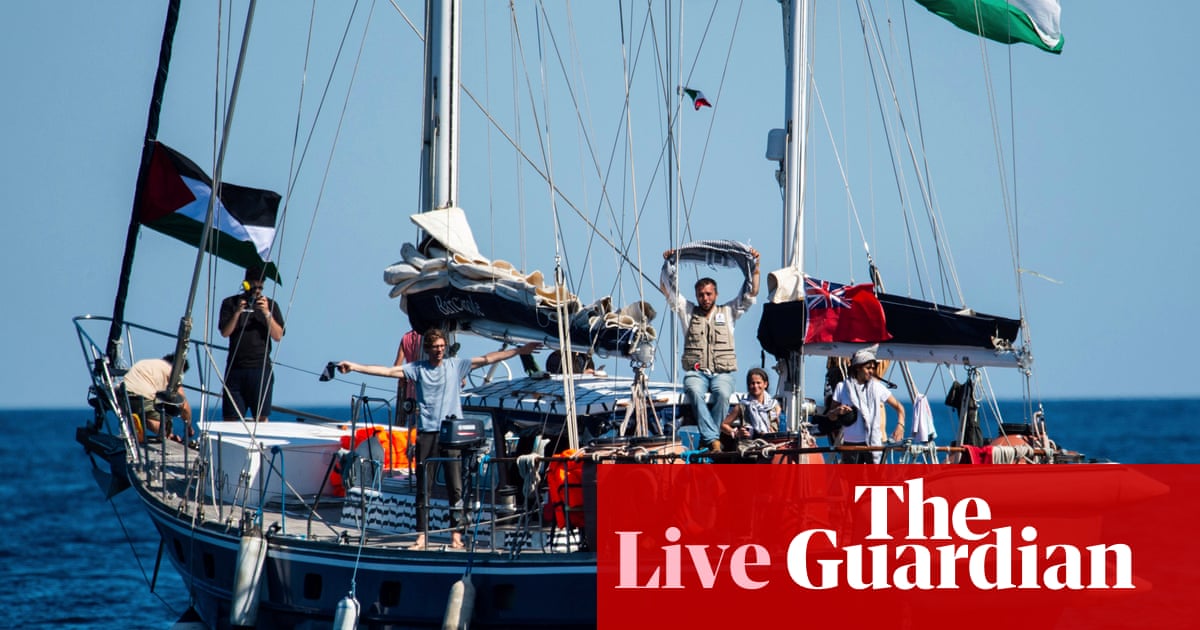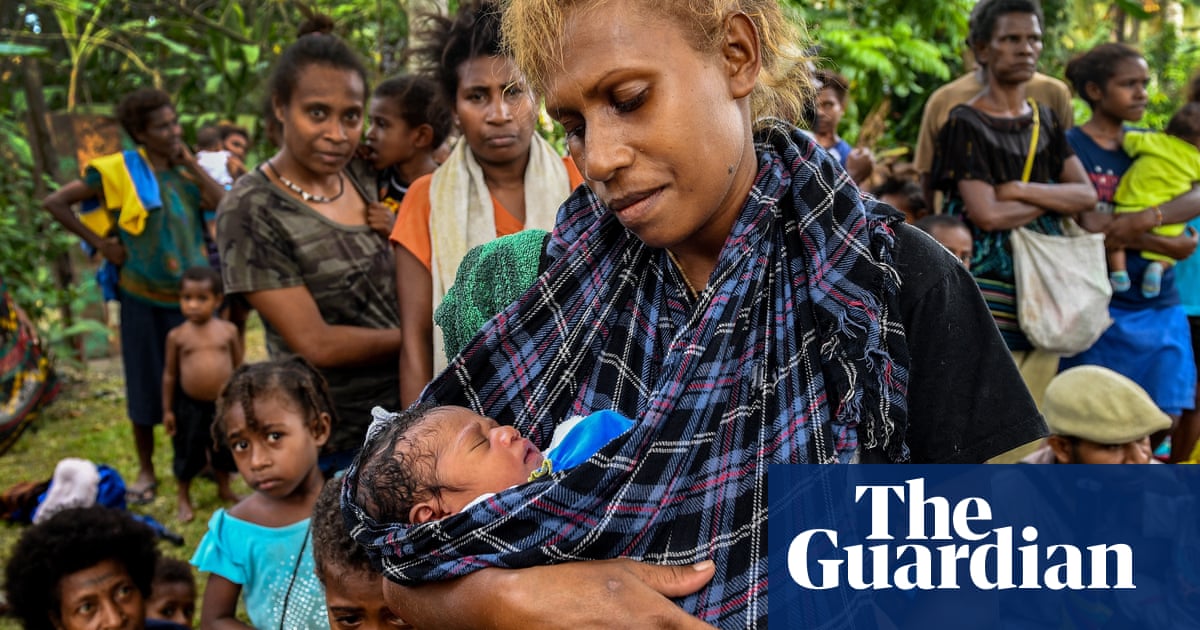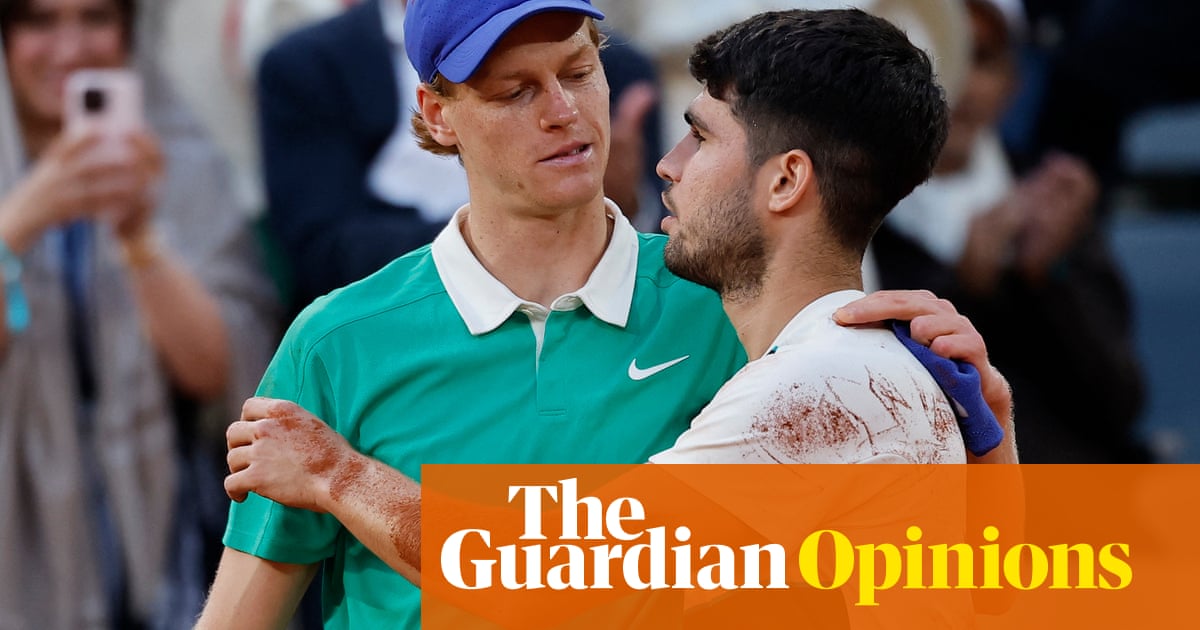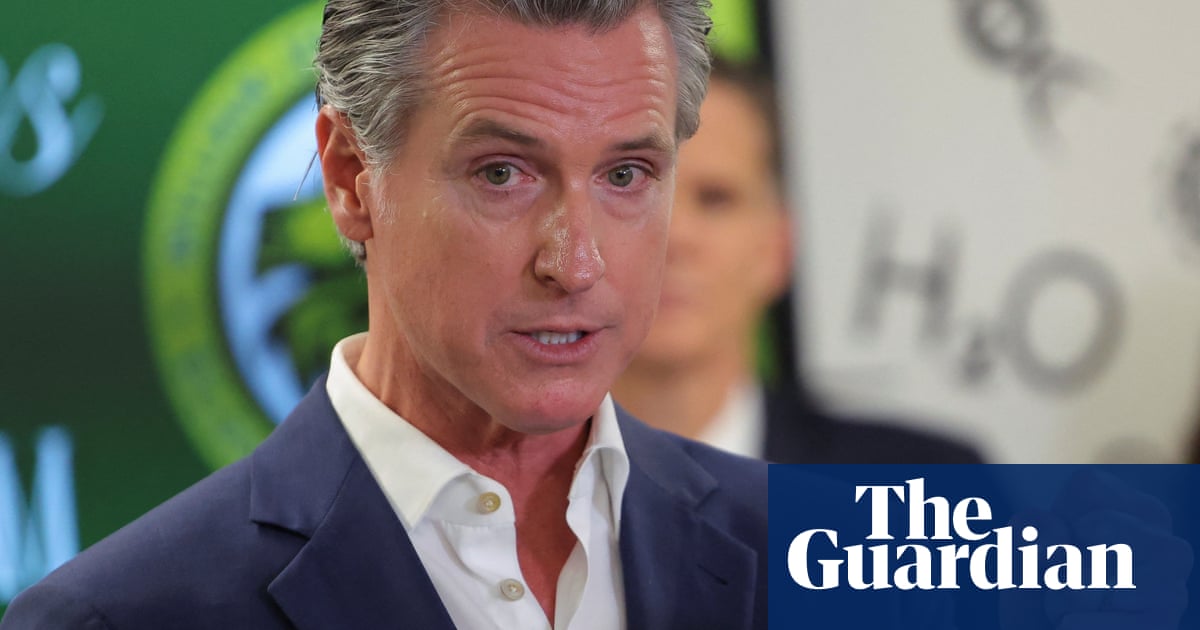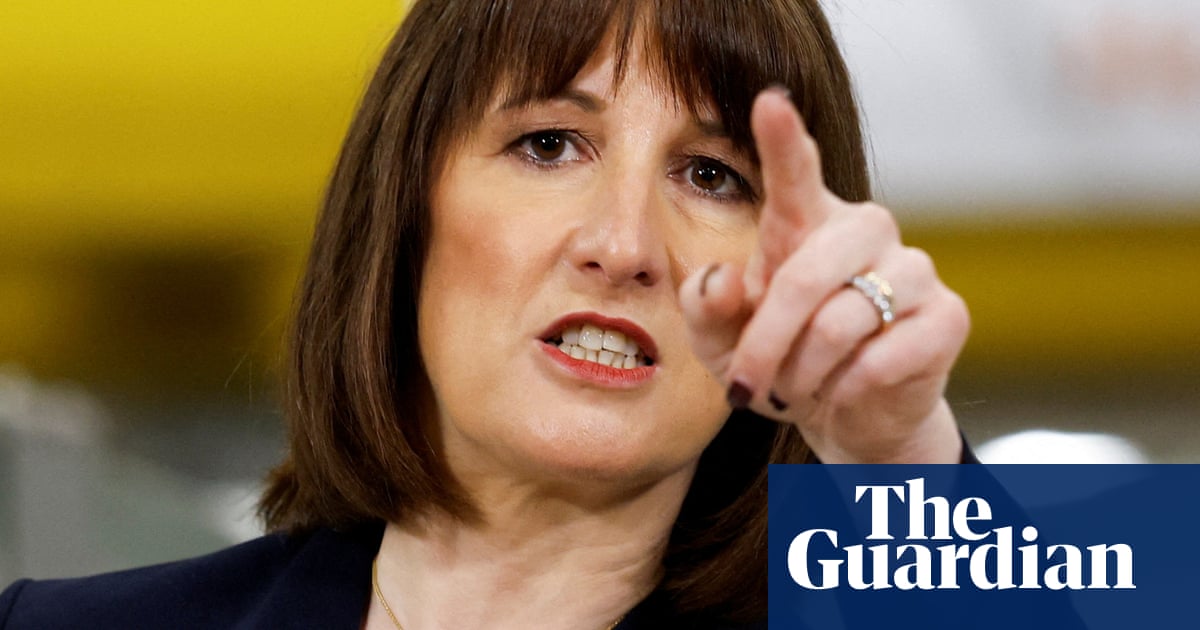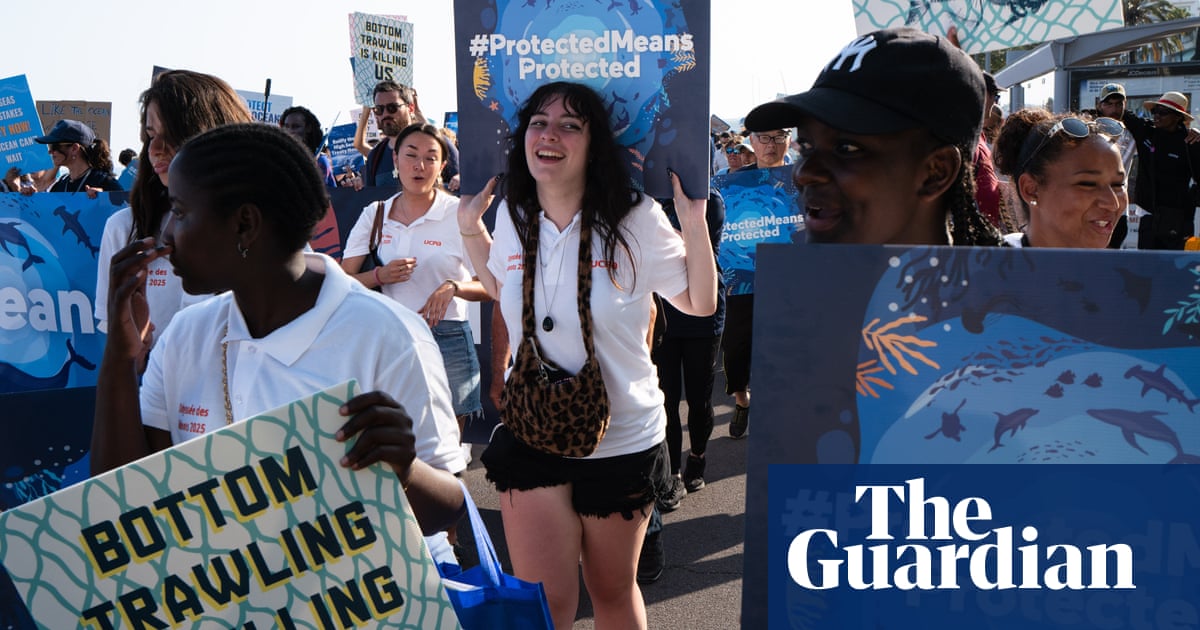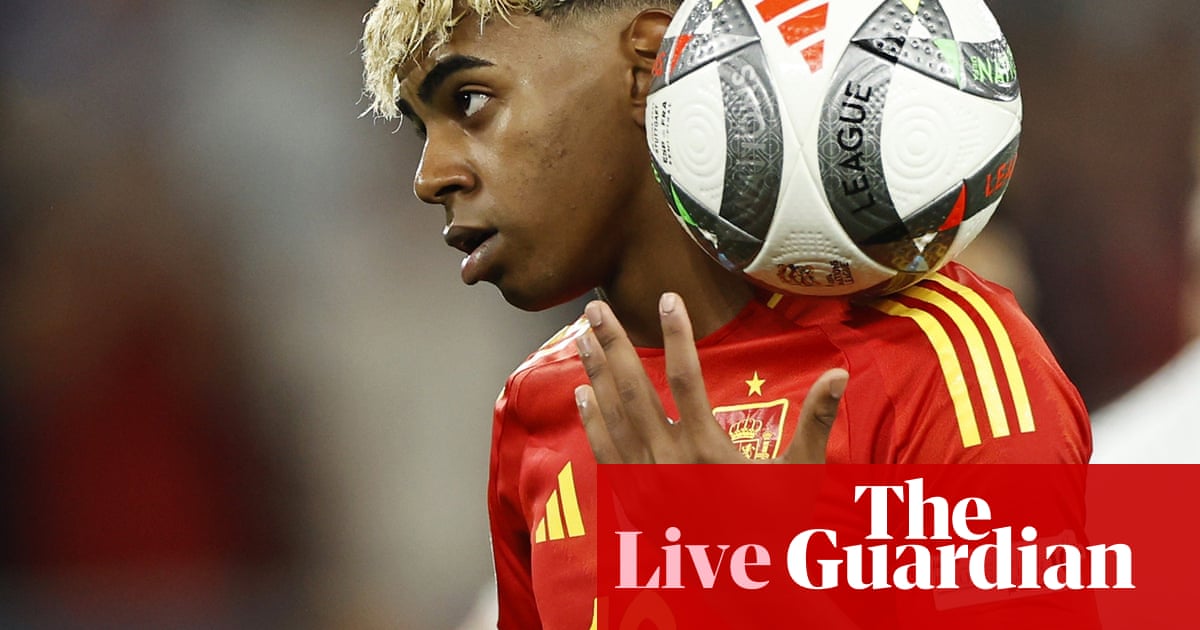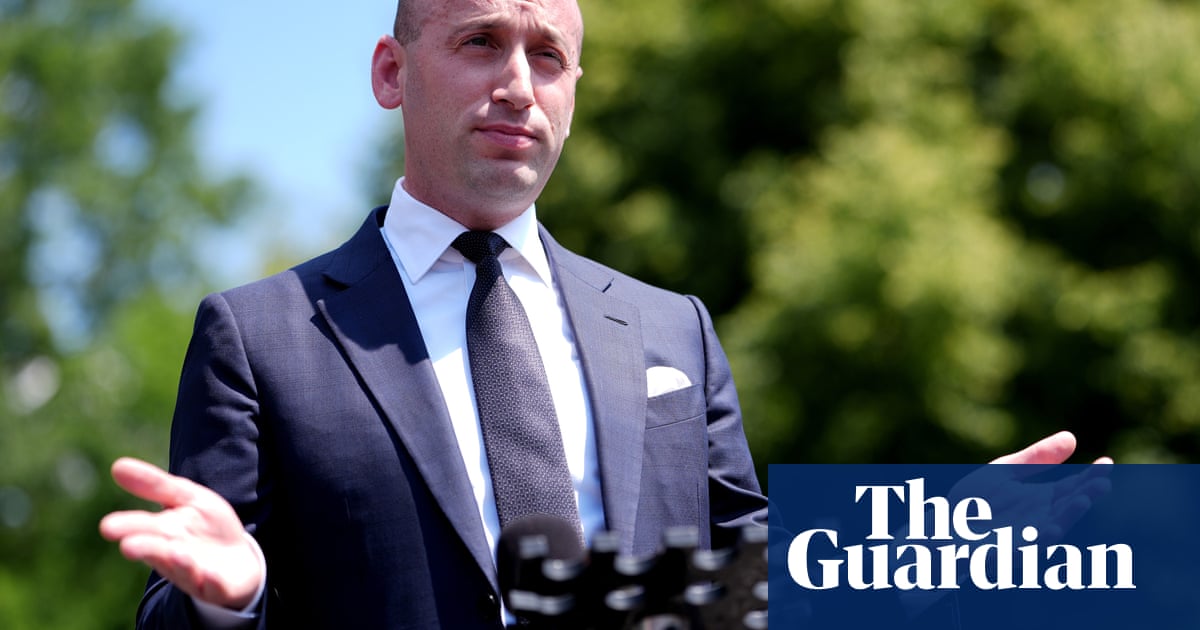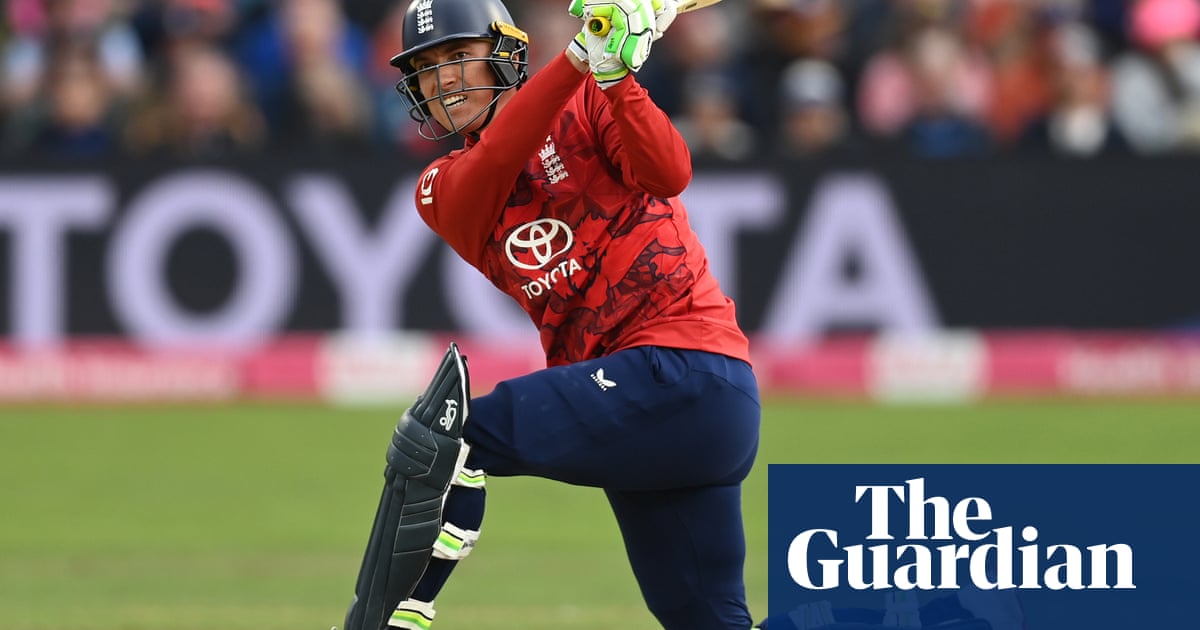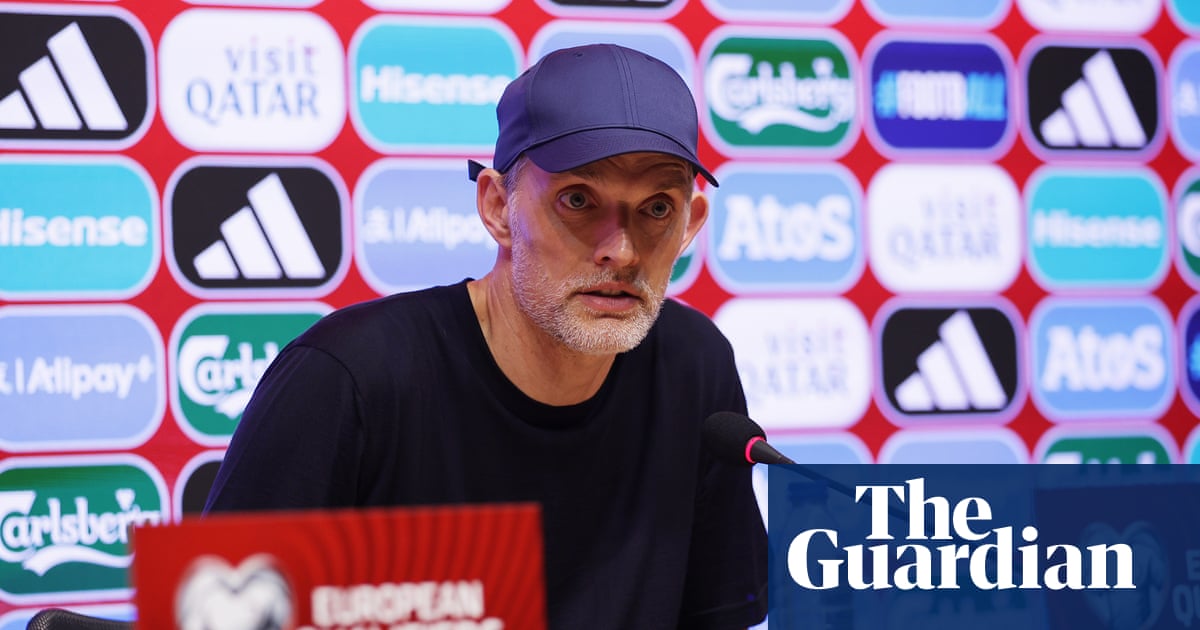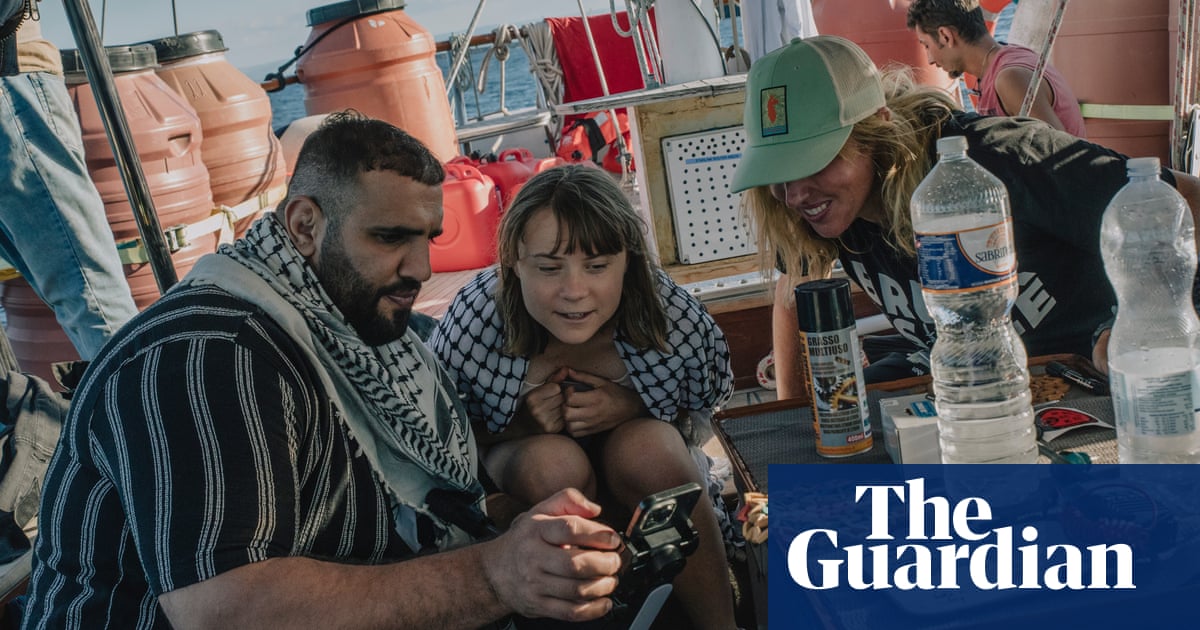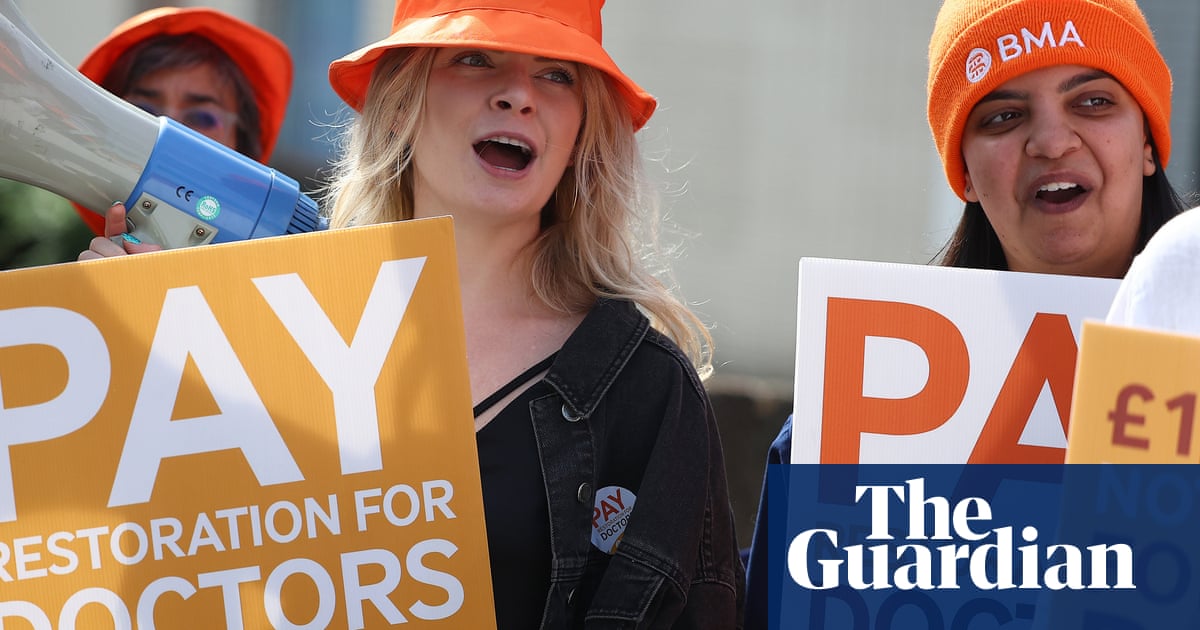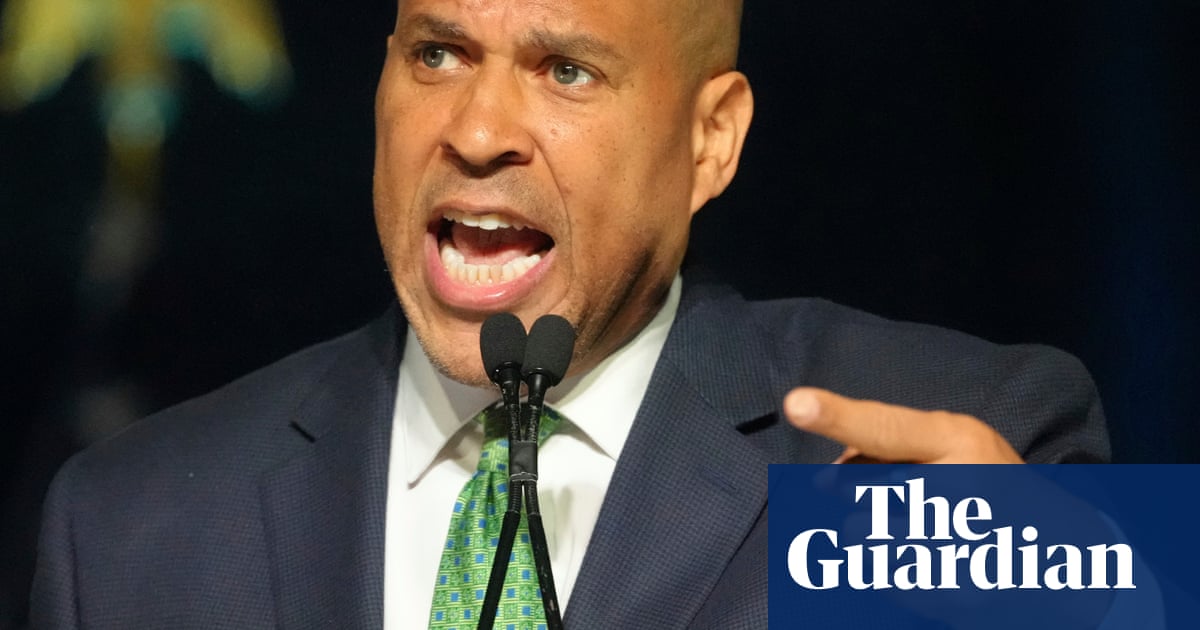“I don’t think that this ‘peace process’ is for Ukrainians’ sake. It is laughable that they pretend it is,” said Iryna, 26, a lawyer from Kyiv.
Iryna was among thousands of Ukrainians who got in touch with the Guardian to share how they felt about the Trump administration-led peace talks with Russia, which exclude Ukraine.
“It doesn’t seem like a negotiation to me, more like a cruel auction. My main concern is that we are being sold for someone else’s gain. I am afraid that the USA sees us as just an asset to sell and move on, while Europe is too concerned about itself.”
Iryna’s comments were echoed by many other respondents to a callout, with Ukrainians living in the wartorn country as well as in other countries around the globe voicing their shock and frustration, but also defiance of what they deemed absurd and unacceptable proposals emerging from talks between Washington and the Kremlin about a possible deal to end the war.
While outrage over Trump’s comments in recent days were most common, hundreds of Ukrainians also vented their frustrations about European leaders and previous US administrations, who they felt had never supported them sufficiently in their fight against Putin since his annexation of Crimea in 2014.
“There is only one problem: insufficient and untimely military assistance from allies, including the United States,” said Serhii, a 50-year-old accountant. Although he described Trump’s behaviour as “disgusting”, Serhii felt Russia’s track record of ignoring legally binding international agreements made it futile to negotiate an ordinary peace deal with Russia.
“Another document, the so-called peace agreement, will turn into another piece of paper,” he said. “Trump can flex his muscles only in front of a country that adheres to international law. Therefore, all that Trump can do [if he wants to strike a deal] is accuse and put pressure on Ukraine and force it to make concessions to Russia.”
Pavlo, 24, from the north-western city of Lutsk, was among many who expressed hopelessness and despair.
“I had hoped that we could put an end to the bloodshed, negotiate a fair deal for Ukraine, get some real security guarantees,” he said. “But in the light of recent events, our hopes have faded. We are very pessimistic about the outcome of the negotiations. The future is dark – either we keep fighting, losing friends and family to war, or we’ll be forced to accept a very bad deal and live in fear of future aggression from Russia. I feel betrayed by the US and other states that could have done more.”
Pavlo was among many who shared how they felt about Trump’s call for elections in Ukraine and his portrayal of the Ukrainian president, Volodymyr Zelenskyy, as illegitimately clinging to power. Zelensky, Pavlo said, was “widely regarded as an acceptable leader in Ukraine”.
“Some Ukrainians criticise him – for example, for his appointed ministers. However, he delivers the voice of the majority of Ukrainians and is a 100% legitimate leader. No one in Ukraine, including the opposition, thinks it’s a good idea to have elections now.”
Yulia*, 43, was as a postal worker in Mariupol until the Russian invasion. “Now,” she said, “I have no housing, no job, I’m a refugee.”
“In short, Trump is [seemingly] proposing to give Putin my home town. Where Putin’s troops killed [thousands of] civilians. They almost killed me and my child. Trump is proposing that the Russians get away with this monstrous crime, that the Russians get their illegal reward for killing the civilians of Mariupol.

“I will never agree to Russian murderers taking my city. Six generations of my ancestors are buried in Mariupol. My son was born in Mariupol. Russians stole our home, stole all our things, and now Trump [may want to] formalise this crime.”
Despite her harsh criticism of the Trump administration, Yulia described herself as an opponent of President Zelenskyy, but did not contest his legitimacy and rejected US calls for fresh elections.
Zelenskyy’s government, she felt, did not offer enough support to internally displaced people like herself, who lost their homes or jobs in the occupied territories.
“My main problem is the lack of housing and work. People like me are forced to rely only on the help of European philanthropists. [Nonetheless], I think that elections are an internal matter of our country.”
Thirty-year-old Oleksandra, a product marketer living in Kyiv, was born in the central city of Poltava, where her parents remain. The city is the site of one of the deadliest attacks of the war, after a Russian missile strike hit a military training institute and a nearby hospital, killing at least 51 people and injuring more than 200 others.
“Pushing us to elect a new leader while part of our territory is occupied and millions of people are either displaced or on the frontlines would benefit Russia, because it would force us to lift martial law, bring soldiers back home, and create the perfect opportunity for a new offensive.
“But most importantly, according to our constitution, elections cannot be held under martial law. So Putin is trying to pressure us into disregarding our own legal system.”
Trump, she added, echoing the views of many, should ask Putin to hold Russian elections first.
“I don’t think Trump gives a damn about Ukraine,” she said. “And his so-called “deal” about natural resources? It feels like we’re the ones expected to pay reparations instead of Russia. It’s insane.”
Daniel, a 27-year-old data scientist from Odesa who lives in the Netherlands, echoed the comments of others who assessed the situation through a prism of realpolitik.
“It is not uncommon to not invite weaker parties to the table during diplomacy talks,” he said. “I can see Trump trying to get bonus diplomacy points in the eyes of his nation by showing that what the Democrats had been doing for almost three years before his election could actually be achieved in months, not years.”
Trump’s vision for a more powerful America, he felt, was in line with Putin’s vision for a Russia that could be made great again – both of them visions, he reckoned, that were a direct consequence of “Europe’s infantility”, inability to make decisions and unwillingness to sacrifice a temporary stagnation of living standards in the fight against Putin.
“Trump is ready to burden the costs of this war on Europe. I am almost sure that Europe won’t have enough willpower to take decisive actions to [respond effectively to] Trump’s initiatives.”
Pavlo, 29, a marketing professional from Kyiv, was among many who felt that the US administration’s main focus was on portraying Trump as a successful deal-maker.
“I feel that Trump wants to become a hero, to be the next Reagan, who warmed relations with the USSR which later led to its dissolution and an American win in the cold war,” he said. “Personally, I really want this war to end. It’s no fun to wake up every night to raid alert sirens and explosions. But I don’t want it on terms of total disrespect from our closest ally.”
Hundreds of Ukrainians told the Guardian that they would reject any deal that involved concessions to Putin, and that they remained committed to fighting a neighbour they felt could not be trusted to make peace with.
Among them was a 31-year-old woman who had moved from Crimea to Kyiv and wanted to stay anonymous, as her family, members of the Indigenous ethnic minority of Crimean Tatars, remained in occupied Crimea. She had advised her mother and brother to not do web searches that could raise questions. Her close friend’s fiance, she said, had been killed a few days ago.
“We as citizens are scared of peace on Trump’s and Putin’s terms, but we are not scared to keep fighting.” Ukraine, she felt certain, would never agree to give up Crimea. “People keep dying, but Ukraine will fight for as long as it can.”
“Ukraine will have to keep fighting – deal or no deal,” said Katarina, 37, an interior designer and architect who left Kyiv when the war began and now lives in a small village in a suburb of the Ukrainian capital.
“Obviously it’s going to be hard for us, but it’s definitely not the time to give up. What will happen if Ukraine stops fighting?”
There was, Katarina felt, “a silver lining” to the dramatic situation the world now found itself in, with Trump’s plans for Russia having the potential to shock Europe into action.
“Europe needs to get stronger. Europe needs to get united. Europe needs to get ready. Everyone should be spending more on defence considering the circumstances – Trump or no Trump.”
* Name has been changed.

 3 months ago
53
3 months ago
53
